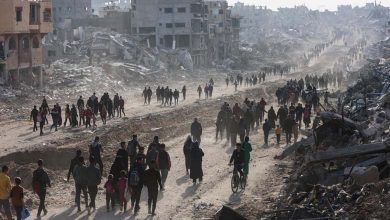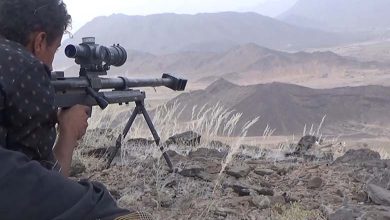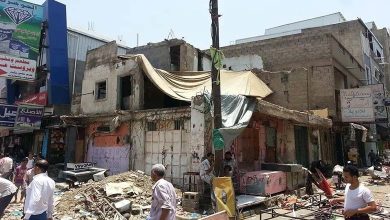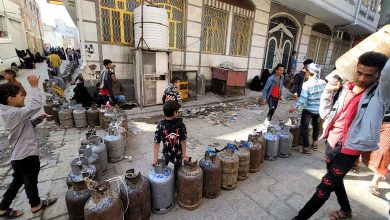Scenarios for Iran’s Response to Targeting Its Consulate: Possible Means and Fronts

Iran is edging closer to responding to the Israeli attack on its consulate in Syria, but the method of retaliation seems more complicated than the reason.
American and Israeli intelligence sources confirm that Iran is nearing a response to the Israeli attack on its consulate in Syria, with a “major retaliatory strike imminent,” either by Tehran itself or its proxies in the region. However, the manner of retaliation appears more complex than the cause, according to the “Bloomberg” agency.
Repeatedly, Iran’s Supreme Leader, Ayatollah Ali Khamenei, has threatened “Israel with retaliation” for the attack that resulted in the destruction of the consulate building and the death of at least 13 people. But any Iranian response could escalate the conflict in the Middle East significantly and place Tehran under greater scrutiny.
Regarding retaliation scenarios, Badr Al-Saif, an assistant professor at the University of Kuwait and a non-resident fellow at the Arab Gulf States Institute in Washington, stated that “Iran is in a very risky position,” noting that it would be “cursed” whether it retaliated or not.
Iran fears diverting global attention away from the war in Gaza, which has led to increasing pressure both locally and internationally on Israeli Prime Minister Benjamin Netanyahu, as the humanitarian crisis worsens in the territory.
“Bloomberg” has revealed various scenarios for the possible means and fronts of Iran’s imminent response, raising concerns in oil markets.
Full-scale War
Supreme Leader Khamenei has argued that “the attack on the consulate in Damascus is equivalent to an attack on Iranian territory, and therefore, the strongest response would be to launch an attack on Israel, which could mean a declaration of full-scale war involving the United States and other allies of Israel.”
Iran has previously attacked Israeli territories in 2018 by launching missiles from Syria at sites in the occupied Golan Heights.
However, for Iran to target Israeli lands means its forces must bypass Israeli defense systems, according to Fabian Heinz, a researcher at the International Institute for Strategic Studies.
Heinz considered this move difficult in the long term unless complemented by attacks from the Lebanese Hezbollah along Israel’s northern border, which would risk further tensions between Israel and the party.
Iran might settle for a barrage of missiles launched by Hezbollah on northern Israel or by Houthi attacks on ships in the Red Sea.
According to Heinz, “there is no doubt that Iranian systems are very good,” but he noted that “Israeli defenses are quite exceptional,” and therefore “their interception of most missiles will show the inefficiency” of Iranian weapons. Nevertheless, it could indicate that Tehran is still capable of “achieving a political and symbolic victory,” but it would weaken its deterrence capabilities.
Last week, Israel sent navigation signals over the urban area of Tel Aviv in anticipation of an Iranian attack, which was a demonstration of its capabilities.
Targeting Israeli Embassies
Iran might also target Israeli embassies, which would appear as a mutual response to the targeting of its consulate in Damascus.
However, this option would be high-risk for Iran’s other priorities in the Middle East.
Non-military actions through agents or proxy groups might be the most practical option, but Iran has a poor record of success in such attempts, according to Heinz, who said that “Israeli intelligence has thwarted many such attacks.”
Military Bases
Iran could retaliate by attacking Israeli or American military bases, as it did during previous escalations.
In January last year, the United States said militants backed by Iran killed three American service members and wounded 25 others in a drone attack near the Syrian border.
Iran holds the United States responsible for the Damascus attack due to its support for Israel, prompting Washington to take a rare step and directly contact Tehran to confirm its non-involvement.
Attacks on military bases are Iran’s preferred approach. In 2020, after former US President Donald Trump ordered the assassination of the commander of the Quds Force of the Iranian Islamic Revolutionary Guard Corps, General Qassem Soleimani, in Baghdad, Iran struck the Al-Assad Air Base in Iraq, injuring over 100 US soldiers. Additionally, Iranian proxies launched missiles at the US Embassy in Baghdad.
Al-Saif stated that “Iran’s response, whether through restraint or through proxy attacks, has not done much to deter Israel,” considering that “direct response is its real test.”












